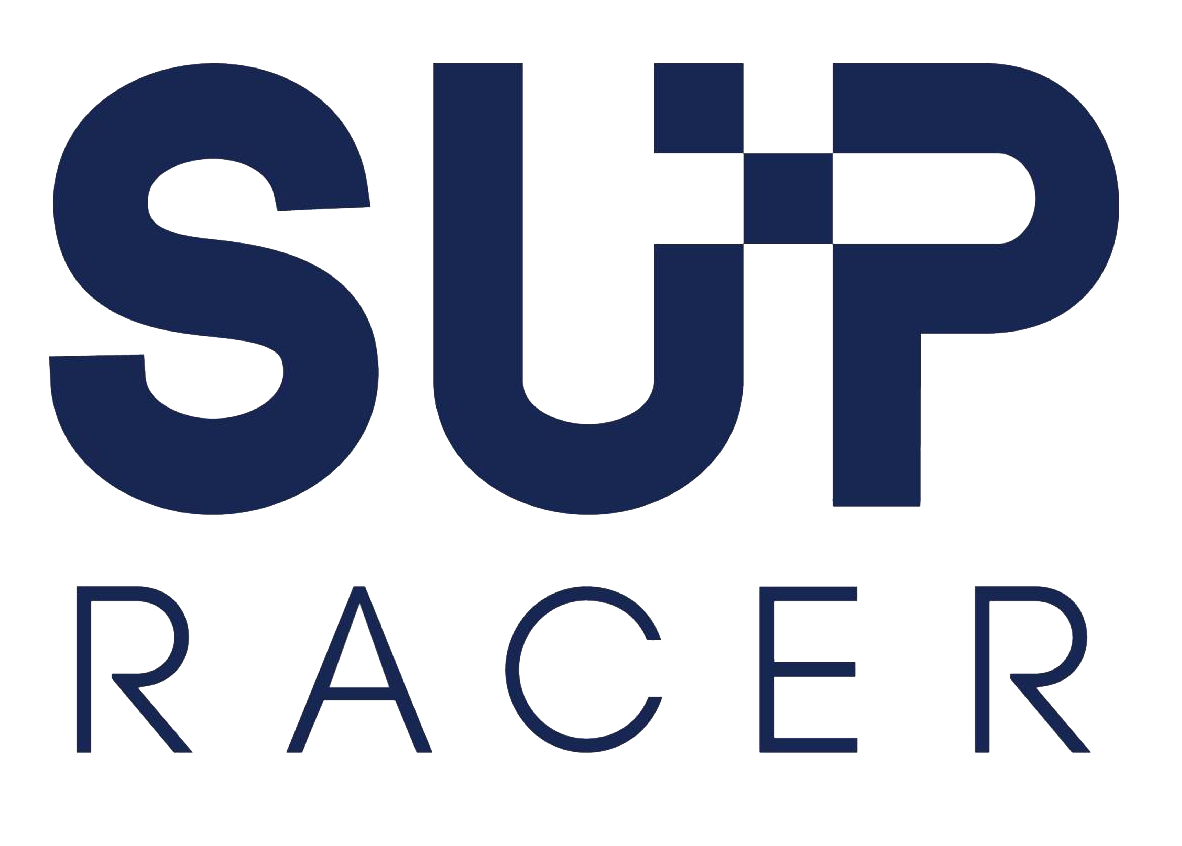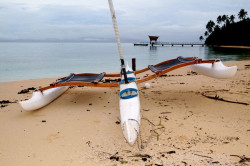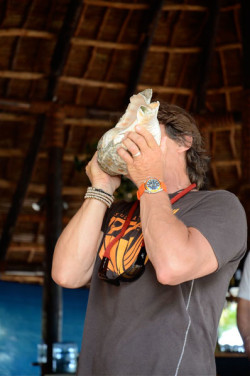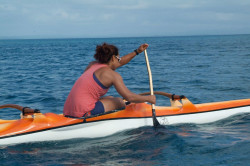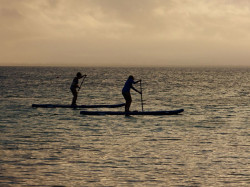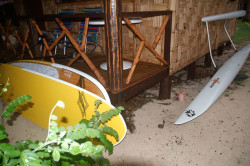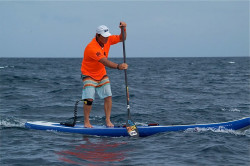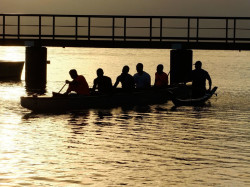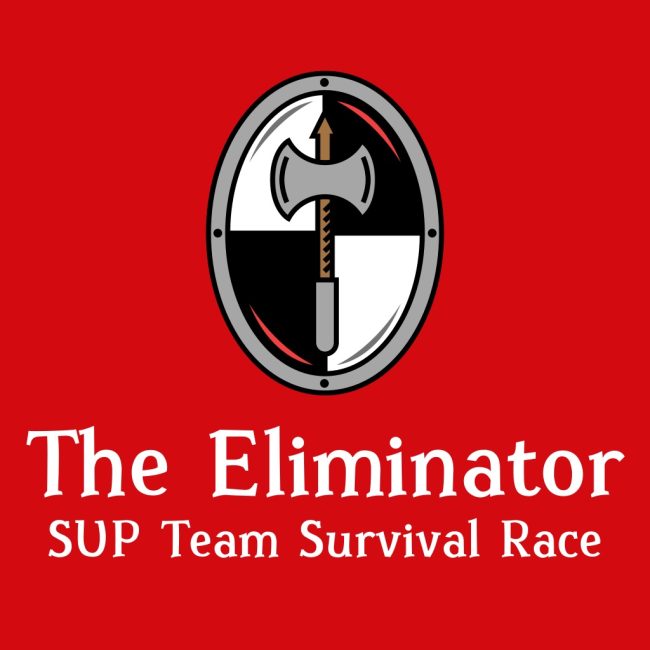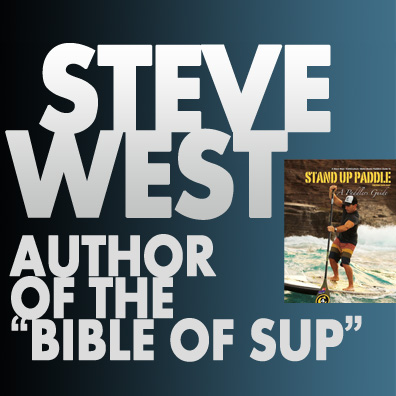
An Existentialists Guide to SUP
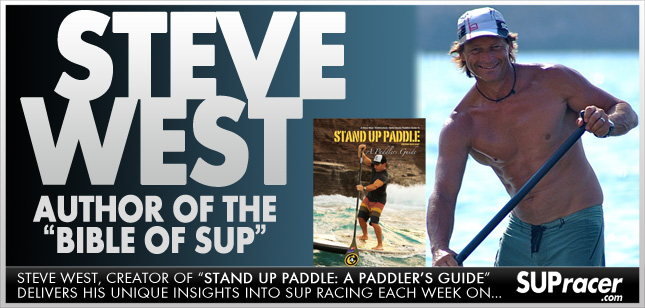
Please accept my silence of late. We’ve made the journey to Fiji to a small island paradise called Leleuvia Island – a place to immerse oneself in paddling, sailing and surf and to contemplate ‘stuff’ the universe and what it’s all about. I hope to start on another book very shortly, but in the meantime, I offer this as a ‘palate cleanser’ of sought, after the foray into the world of board specification rulings. I have in fact drafted a 2000 word consideration of the topic, but I need a break from it and would rather change direction for a moment.
*****
An Existentialists Guide to SUP by Steve West
An ‘existential condition’ is said to manifest as a result of disorientation and confusion in the face of an apparently meaningless or absurd world, indicative of the way you may feel when confronted with the purchase of new equipment or indeed what to do once you’ve got it. Given this revelation, it’s quite plausible an existentialist condition is perhaps part thereof the driving force required for an individual to be attracted to the challenge of ocean sports, so as to make some sense of our short time on this third rock from the sun.
Perversely, the human condition is attracted toward that which challenges us, both mentally and physically. Typically it promises discomfort and inevitably an element of risk, amplified if short on recognition of one’s limitations or on ability to deal with things when they go wrong. While ocean sports offer a chalice and portal for wellbeing and a sense of aliveness, the harder we test ourselves, the truer this becomes.
By default, the SUP learning experience can result in a rapid arrival at what could be termed, a ‘comfortable ceiling-point’. Being as the learning curve is near vertical from the outset, manifesting a presumption the sport is by nature fundamentally ‘easy’ this is counterpoised by the reality, that stepping beyond the basics, your ceiling-limit or comfort zone, takes considerable diligence and effort. Failure to do so could result in boredom and disinterest.
Boredom, it could be argued, is a manifestation of a failure to challenge ourselves, that tipping point where we fail to be creative enough to find a solution to the tedium of normality. Hence, if you use your equipment within the boundaries of normality and test yourself within these same walls, boredom may well manifest.
Pushing the Envelope – But in Which Direction
Contrary to the hype, SUP is in fact not easy. Well, it is if you have little aspiration to be no more than part of the sum of the whole through board and paddle ownership and no vision of what to do next, but if that’s all you want from it, then you’ve arrived.
While SUP for many, may indeed come down to an involvement at a rudimentary level, a paradigm shift in thinking is required in order to nurture a pivotal shift toward more specialist, demanding facets of the sport, areas some may call ‘extreme’ or worse still ‘elitist’. A will to excel or take on more challenging areas of the sport are usually directly proportional to ‘risk versus reward’ trade-offs and nearly always reflect extremities of wind or water conditions or merely duration and intensity. This is not elitist, simply human nature in action and a willingness to redefine reasons for participation, where the thrill of achievement may diminish, but the stoke never falters.
If you’re intimidated by the idea of racing, it’s probably for all the wrong reasons. Racing is about socialization, a testing ground not just for your physicality, but your character. SUP surfing reaffirms an elemental grass roots connection with one of nature’s most powerful elements, that of water and of a relationship with the planet’s mood swings generating ground swells, which time traveled and weary imploded on our reefs and shorelines. Downwind paddling at it’s upper levels, can elevate the SUP experience to what may be it’s ultimate zenith in combining board, body and blade skills in open ocean waters, in a syncopated percussion of linking wave after wave, while the white water river experience remains a testing ground for nerve and precision.
Advancement within any area of SUP, is about bare-boning the sport down to the fundamentals, tearing the flesh away from superficial reasons for participation and sucking on the marrow to get to know who you are and through this mechanism you may gain a taste for a higher purpose which keeps you scraping the ice off your board in winter, when everything tells you it’s madness. This is existentialism in action, it makes no sense, but in it you find purpose and an ever redefining of who you are and why you’re here.
Localized elemental pressures will tend to determine your areas of specialization. If you’re confronted with big winds on a regular basis, it stands to reason downwind paddling may be your window for pushing the envelope. If surf is omnipresent on any regular basis, then this will be your gravitational pull and if its flat water and light winds lakes, rivers or dams, then flat-water distance paddling or white water may be your mantra. Time spent at the coalface with all these offerings, will ideally make for a more rounded and complete experience and skill range.
Central to your participation, you should aim to broaden your relationship with the ocean, indeed all variants of water types, via differing platforms in order to expand your skill sets, working the body in differing ways, learning to cross-platform these learned skills and in doing so, dissolving hostilities with other board and paddle sports you may have nurtured through peer pressures. It is said, an involvement in a singular water sports activity does not for a waterman make. And that’s true. The waterman is a broad-minded animal not a narrow-minded zealot and that’s an important caveat to live by.
In all of this, there’s one singularly important relationship you need forge and that is the bond you form with your paddle. As the sword is to the warrior, the paddle you wield must serve to protect you from injury and propel you as efficiently as possible. A paddle should never be a compromise, when you start, advance or wish to truly excel. It is your tool of trade, your iconoclastic link to an ancient utilitarian symbol of what you would rather be doing, of movement and the way forward. In the right hands, the right paddle should be your best friend, your connection between body, board and water in your existentialist journey through involvement and acknowledgement of the sports very essence. As a biomechanical extension of yourself, pushing the envelope in any direction will greatly rely upon your learned ability to wield your paddle with precision, power and purpose.
Steve West
www.kanuculture.com
